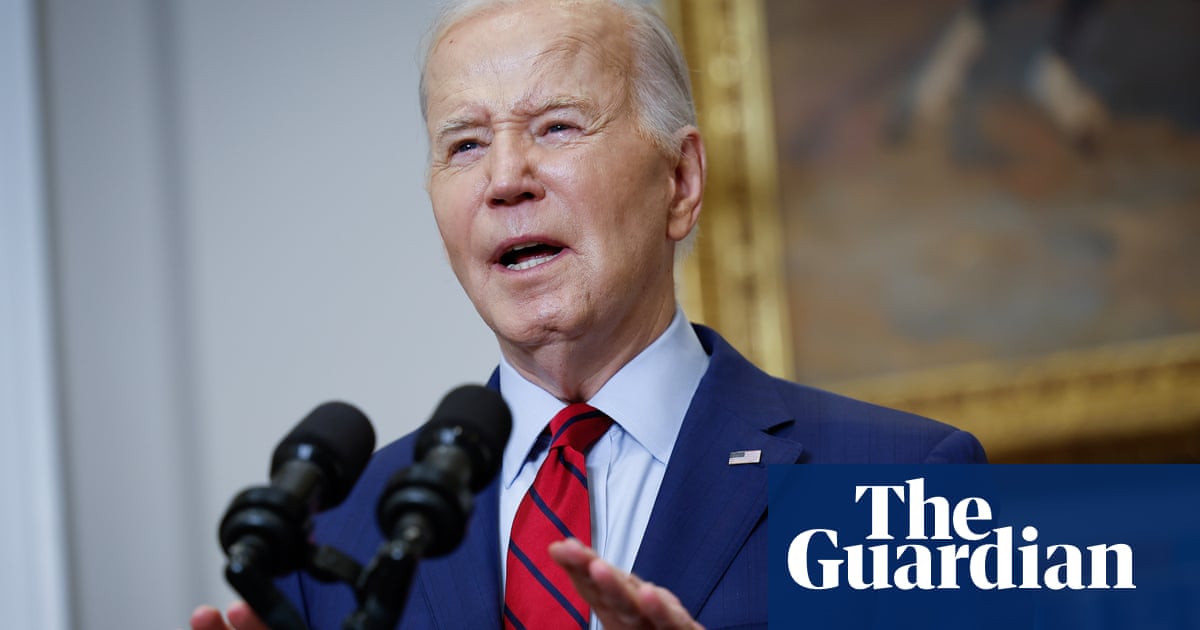
The healthiest diplomatic relationships are essentially transactional in nature. Just as NATO requires intimate coordination between America and the Europeans, there are deep-seated reasons why, since the foundation of the modern Gulf states, they and the US have been the closest of allies.
Friendship arose from hard-nosed mutual interests: Gulf states were essential partners for advancing policies throughout the broader Middle East region, crucial for global energy security and economic stability, and vital components of the war against terrorism. The world has changed profoundly, but the factors underpinning this mutual reliance are no less significant in 2022 than they were in 1973, 1991 or 2001.
However, Arab states are confused as to what US partner they are engaging with, amid dizzying about-turns in policy and the repudiation of agreements and long-standing alliances — Washington at times going out on a limb to placate Tehran, or failing to satisfactorily act when missiles rain down on a strategic ally, despite longstanding security commitments.
During recent visits to GCC states I have been struck by the strength of discontent toward recent US policies, particularly the lack of a coherent Middle East strategy, and State Department indifference to deep-seated security concerns. There is a perception of double standards in how Western states have vigorously intervened in the Ukraine conflict.
This frustration sometimes manifests itself as a desire to retaliate by embracing Russia and China. However, the utter failure of these two countries to lift a finger in support of containing Tehran makes it clear that for the foreseeable future GCC states are right to continue prioritizing their alliance with the West, even if this frustrating relationship frequently fails to deliver on its promises.
Recent US presidents have tended to stage a major set-piece Gulf visit, and then consider they’ve done everything required to manage the relationship. Instead, in fulfilling his pledge to “strengthen a strategic partnership going forward that’s based on mutual interests and responsibilities,” Joe Biden should view his visit this week as just the initial foundation stone for resetting this alliance, which will require considerable further effort, investment, mutual respect and goodwill.
Biden will be sitting down with leaders from some of the best educated and most rapidly advancing economies in the world, who are deeply proud of their cultural heritage and all-too-well apprised of the challenges facing the region.
GCC states already have a mutual defense agreement. The Arab League has a long history of vacuous pronouncements about joint Arab action, though Arab states have often ended up as bystanders in regional conflicts. Participants in this week’s discussions must therefore avoid lofty concluding statements that have zero practical impact. This requires Arab states to be well organized among themselves, with realistic objectives.
If Biden is serious about winning Gulf support on the global stage, then this week’s summit must be about action, not eloquent platitudes; it must provoke the realization in Tehran that the rules of the game have fundamentally changed.
Baria Alamuddin
US Secretary of State Antony Blinken acknowledged in recent days that talks with Iran on reviving the 2015 deal to curb its nuclear program were moving in the wrong direction. There was never any prospect of these negotiations delivering the necessary guarantees to prevent Tehran from acquiring atom bombs and continuing to flood the region with missiles and militias.
The Arab summit should therefore be a first step toward implementing the necessary security regimen, based on the likelihood of no deal with Iran. There needs to be an absolute commitment — from Western states, Arab nations, and Israel — that there are no circumstances in which Iran would be allowed to acquire military nuclear capabilities, along with serious discussions about the measures needed to underpin such a commitment.
There can be no meaningful regional security without measures to push back Tehran’s influence in states such as Iraq, Syria, Lebanon and Yemen, which risk wholly falling into the Iranian camp; particularly as these countries have been used to launch missiles and drones against peaceful nations.
There has been discussion about a NATO-style alliance between regional states. In practice, this would be a somewhat more complex arrangement. Nations that have technically been in a state of war with Israel would be unlikely to suddenly commit themselves to going to war in its defense.
Saudi Arabia is the architect of the 2002 Arab Peace Initiative, which requires Israel to accede to the borders of the Palestinian territories in exchange for full normalization of relations. The Arab world may be deeply preoccupied with other strategic challenges, but the Palestinian issue remains a matter of intense Arab and global concern. If Israel desires a transformed relationship with the entire region, this first requires a fundamental transformation in its treatment of the Palestinian nation.
Because of the sensitivities about coordination between Arab states and Israel, there will probably be no detailed announcement about what regionwide measures are to be put in place — including missile defense coordination, where there has already been some progress.
The advantage to such strategic ambiguity is that Iran will be left in the dark about precisely what forces may be ranged against it. As I wrote here last week, the regime has suffered a succession of disastrous intelligence failures in recent months. Greater regional coordination, intelligence sharing, and mutual military support could significantly ratchet up the prospects for interrupting Tehran’s hostile nuclear and military ambitions.
Biden’s face-off with Russia and efforts against Tehran are part of the same broader confrontation: aspiring to rein in states that reject the rules-based international system and seek to achieve their goals through military force, paramilitary adventures, arms proliferation and terrorism.
If Biden is serious about winning Gulf support on the global stage, then this week’s summit must be about action, not eloquent platitudes; it must provoke the realization in Tehran that the rules of the game have fundamentally changed.
In 2003 a deeply misguided American invasion flung open the gates for creeping Iranian pre-eminence throughout the region. Is it not too much to ask Washington to play a central role in once again slamming these gates shut and containing the beasts within?
• Baria Alamuddin is an award-winning journalist and broadcaster in the Middle East and the UK. She is editor of the Media Services Syndicate and has interviewed numerous heads of state.










